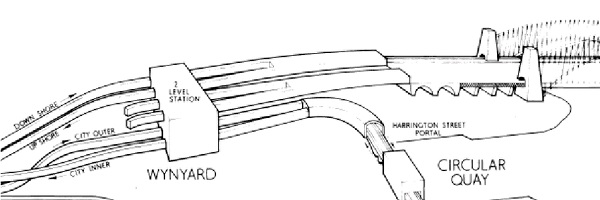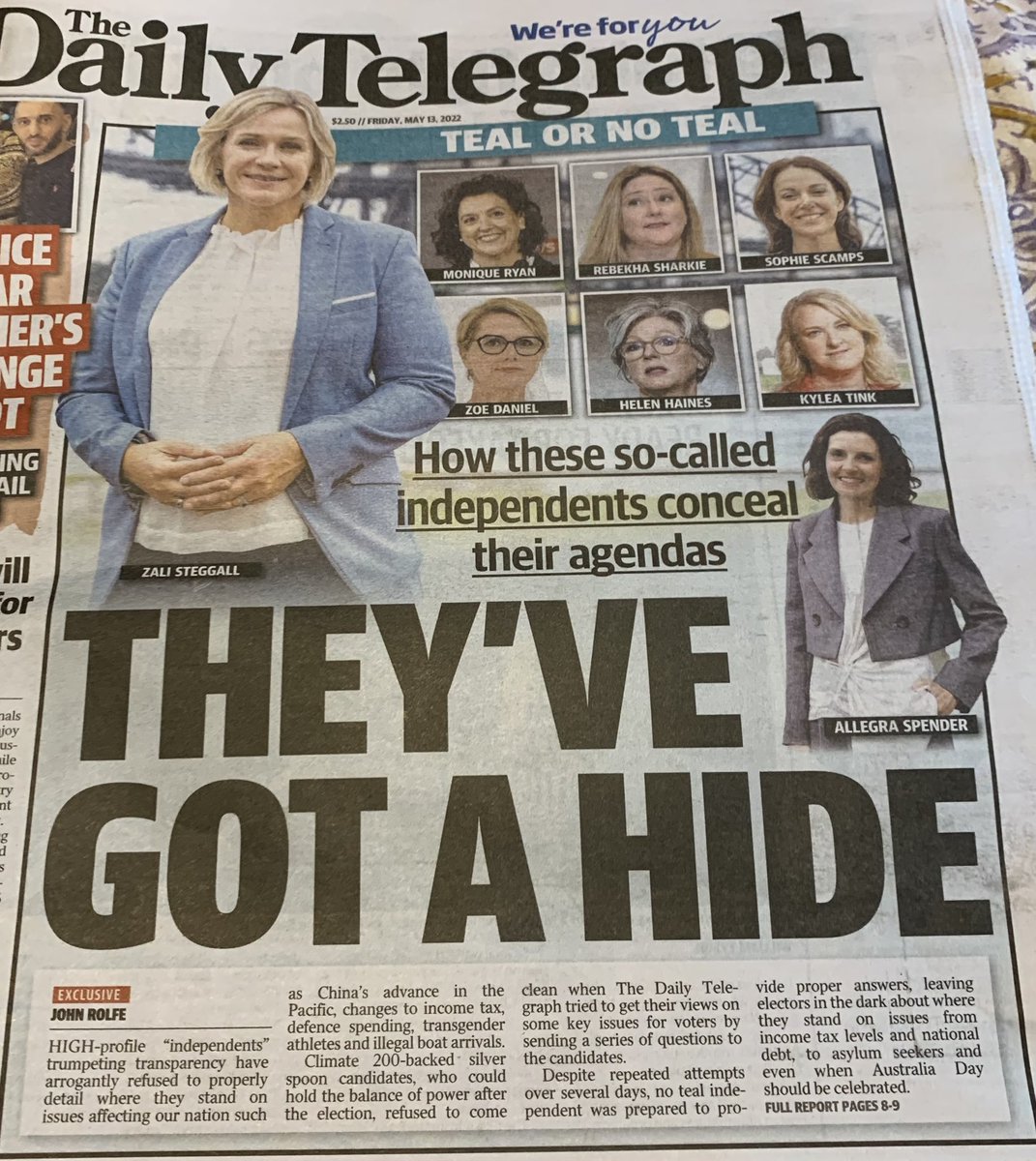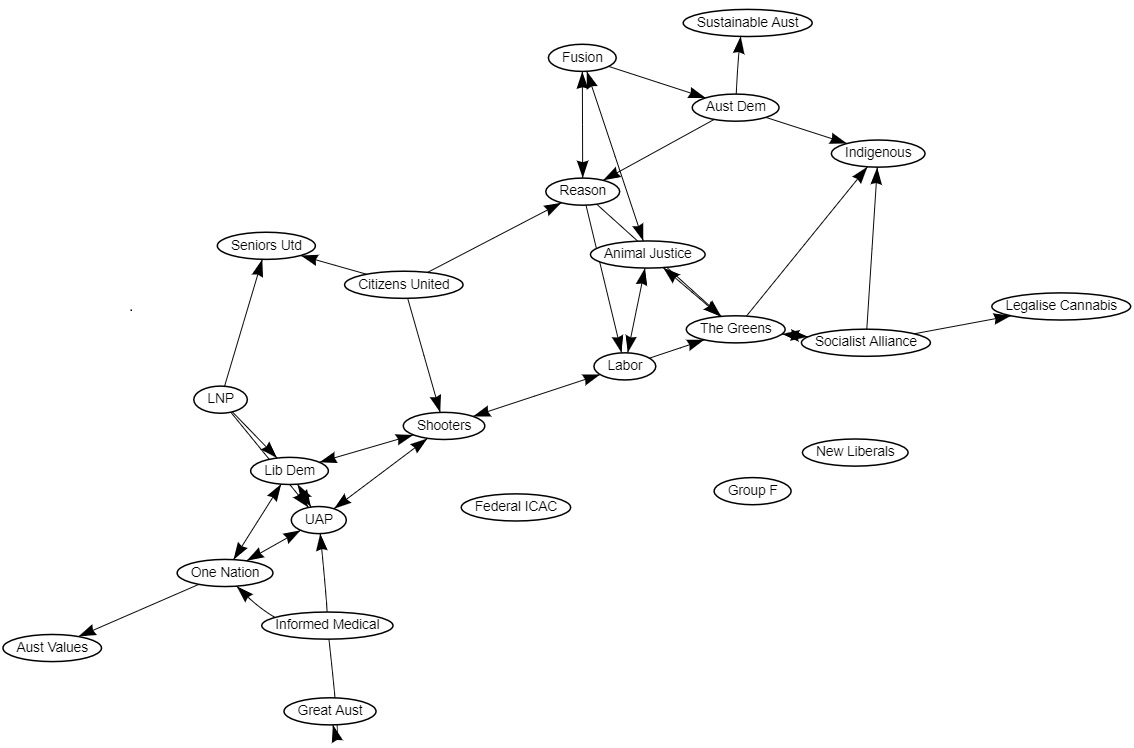It has to be said that I am about as close to the coalface of pop culture as New Caledonia is to Paris. New Caledonia is part of France but to suggest that the people of New Caledonia are at all worried about the goings on of Line 4 on the Paris Metro is silly. Sure, they might hear about it on Le Journal on Canal Deux but it doesn't really affect them.
So it is with a lot of things on Netflix, Stan, and Foxtel. I am aware that streaming services exist but as I am not a subscriber, I can't say that I have seen or care about what is on these streaming services.
I was asked in conversation recently of what I thought about Ricky Gervais' new comedy special on Netflix. I had to explain that I don't have Netflix and that even if I did, I probably wouldn't watch Ricky Gervais' comedy special on the basis that he is a one trick pony, that I have already seen that one trick, and I find him as dull as dishwater.
Apparently in this comedy special on Netflix, Ricky Gervais makes jokes about transsexual people and I think that this is supposed to induce either glee or outrage depending on whether or not you are part of the choir that he is preaching to, or if you are part of the woke left, whatever that is supposed to be. To be perfectly honest, in principle this sounds identical to Paul Murray, Rita Panahi, Rowan Dean, Peta Credlin, and the other unfunny comedians on Sky News Australia. Admittedly they're not advertised as comedians but they also don't fulfil any useful role one a news channel either.
The purpose of comedy is to provide entertainment to the audience by the generation of mirth, whimsy, and humour. The scope of this post isn't going to discuss whether or not the comedian in question is working blue or not but in general, I personally think that there is far more skill in crafting comedy that is 'clean'.
Comedy has its wellspring from four main sources; being: sarcasm, surrealism, surprise and superbia. Ricky Gervais in The Office, made a name for himself by playing an awkward and intolerable character. In Extras he plays more or less the same character. To be fair, I was bored by both of these.
By playing a knavish person, Gervais plays from the two wellsprings of sarcasm and superbia. Comedy that flows from sarcasm relies on the withering put down, to show the absurdity in the thing at hand. Vanity flows from a similar wellspring, but the subject is turned inwards and comedy is generated with the person who is prone to suburbia, being broken down and shown for the absurdity at hand.
Gervais' stand up routines, generally draw from the wellspring of sarcasm and mainly aim at the targets that the right is currently fighting in a culture war. That inevitably means punching downwards and because a person on stage flies solo, there is never any avenue for a right of reply.
This is the generic problem that the authoritarian right has with doing comedy. The authoritarian right thinks that it is funny. As a straight white male, I am never the target of this kind of comedy; so I do not really have to feel or suffer the effects of this. However, as someone who is in possession of a brain which is able to analyse and pull apart ideas, I find this style of comedy immensely boring.
At this point the usual retort from the authoritarian right is that comedy is supposed to be challenging and confronting and that if you are offended or triggered, that you have somehow lost. I personally do not know what the win conditions are for comedy but I do know that I like comedy that is funny.
Comedy which is drawn from the wellspring of surprise involves the usual elements of generating plot coupons ansd then cashing them in for the punchline. Slapstick, puns, and indeed any other version of joke telling which falls into some kind of question and answer format, obviously has a payoff where all of the plot coupons are cashed in.
Comedy which is drawn from the wellspring of the surreal is usually the hardest to generate because the entire internal warped logic of the little world inside the joke has to be built from scratch.
Gervais generally doesn't build worlds. Gervais generally doesn't craft or build plot coupons which are then cashed in for some kind of payoff. In his stand up shows, he also doesn't generally make himself the target. Rather, he is a lazy comedy writer who plays to the prejudices of the crowds that he is playing to; I find that both boring and unfunny.
If you were to say that you don't like the comedy of the authoritarian right because if is boring and unfunny, you will generally get the same sort of response that you would if you explained that you find it offensive:
"If you don't like it, don't watch it."
Okay.
I am not sure how voting with my time, money, or attention to buy something else, is supposed to be any kind of withering put down. If you choose not to buy something because it is boring and unfunny, then just like the response is identical to not buying something because it is offensive, because you haven't bought it then you can double your money by folding it in half and putting it back in your pocket. In the marketplace of ideas, saying that you find something boring, seems to spark as much outrage from the people who like that sort of thing as the offence was supposed to have caused in the first place.
So no, I have not seen Ricky Gervais' new comedy special on Netflix. I do not intend to see Ricky Gervais' new comedy special on Netflix. Unless he has done something interesting which he hasn't done in the past (and he has not done anything interesting in the past), then I do not not know what I would gain from it. If I want to watch an unfunny comedy special, then I'll watch Sky News Australia.





